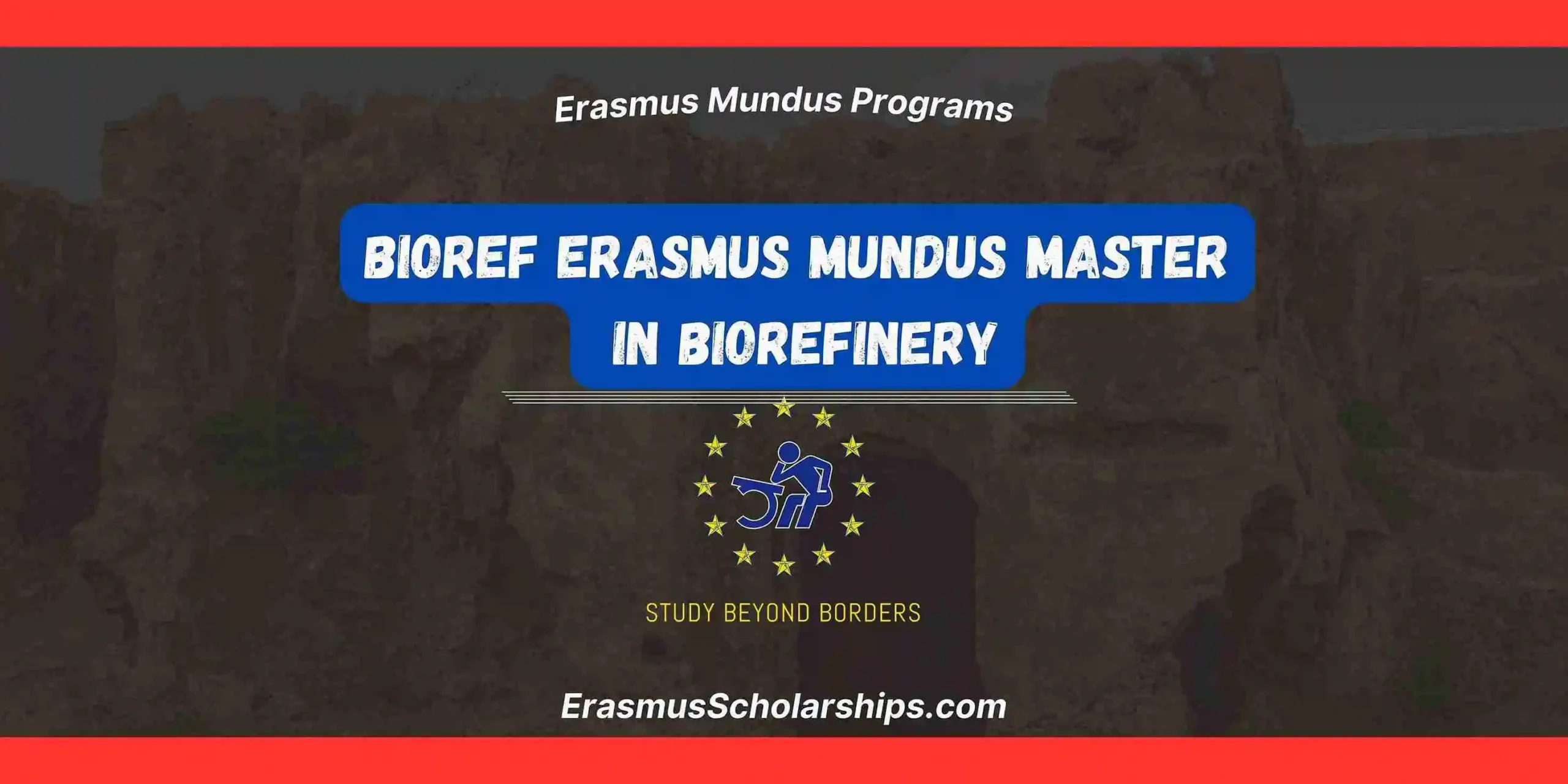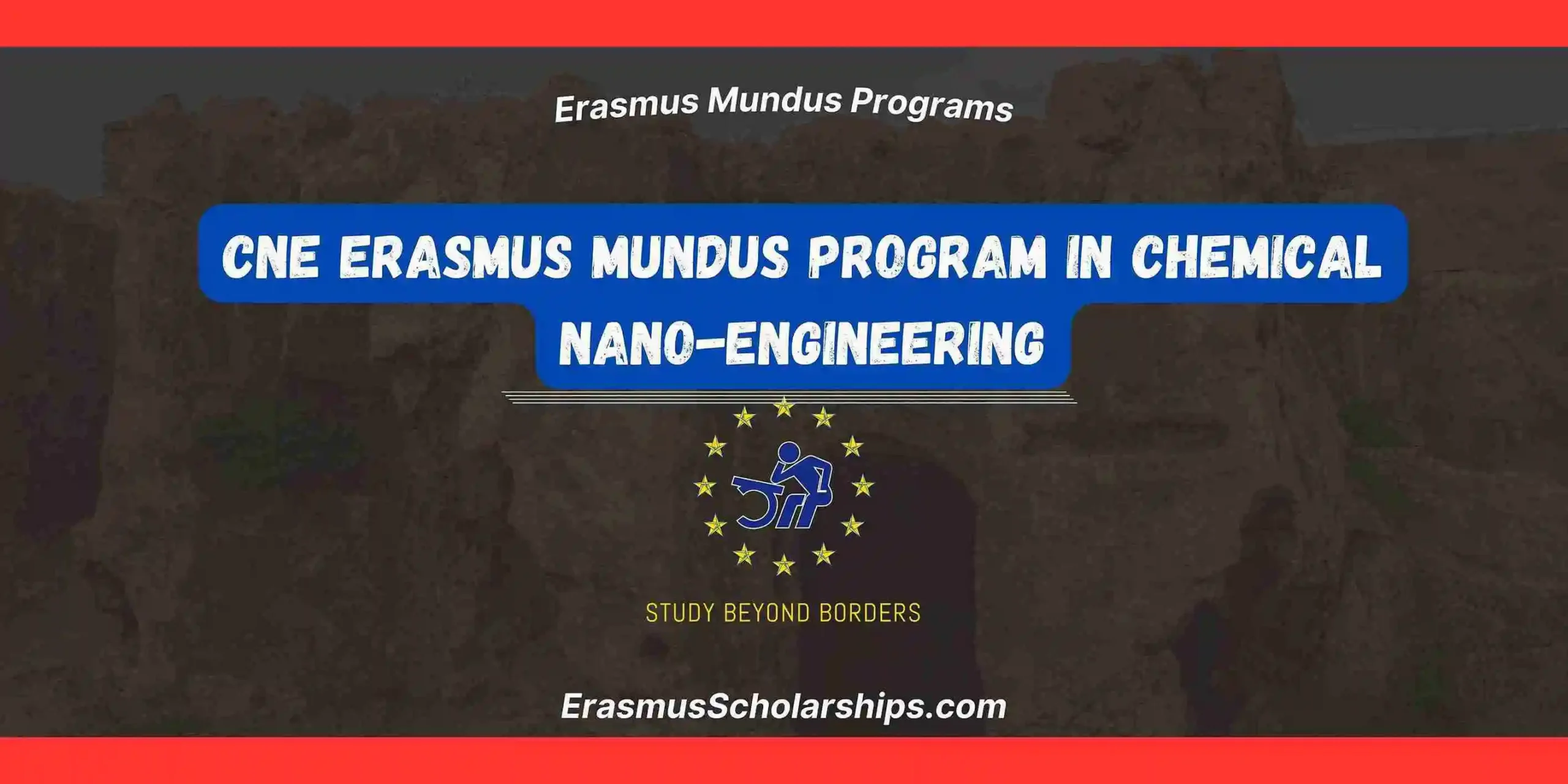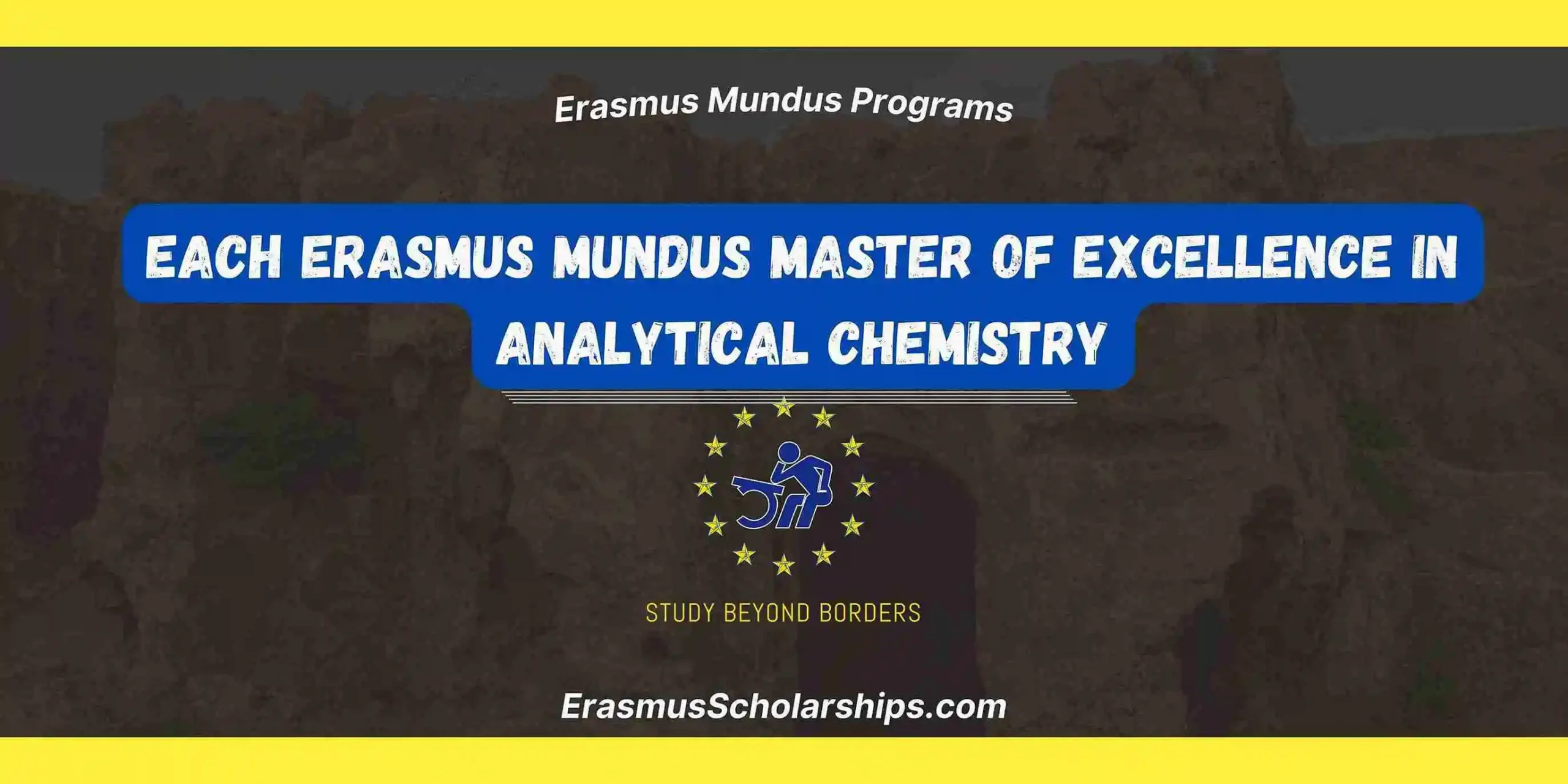The E-PiCo Plus Erasmus Mundus programme is an intensive two-year (120 ECTS), English-taught joint Master’s degree that integrates technical and scientific training in electric vehicle propulsion and control. First launched in September 2020, it was renewed in July 2024 as E-PiCo Plus, enrolling cohorts from 2025–26 onward. Designed to address the global energy transition, it empowers students to develop solutions that enhance EV affordability, safety, reliability, and retrofit possibilities.
Students rotate between top-tier institutions, including Centrale Nantes (France), Kiel (Germany), L’Aquila (Italy), Politehnica Bucharest (Romania), and CINVESTAV (Mexico). Through a strong industry-academic network, E-PiCo Plus combines lab rotations, research projects, and thematic workshops, equipping students to innovate in e-mobility and beyond.
Project Status
- Status: Ongoing
- Start date 01-10-2024
- End date 30-11-2030
- Action Type: Erasmus Mundus Joint Master
- Universities Involved
- Countries Involved
The E-PiCo Plus Erasmus Mundus program offers students the opportunity to study at five top-tier universities across Europe.
| Centrale Nantes |
| Christian-Albrechts-Universität zu Kiel |
| Università degli Studi dell’Aquila |
| National University of Science and Technology Politehnica Bucharest |
| CINVESTAV |
| France |
| Italy |
| Germany |
| Romania |
| Bucharest |
This cross-border collaboration allows students to gain an international perspective while studying and researching in the heart of Europe’s academic and industrial hubs.
Description of the E-PiCo Plus Erasmus Mundus Program
The E-PiCo Plus Erasmus Mundus programme trains specialists capable of addressing key challenges in e-mobility, including affordability, safety, electrical supply capabilities, and retrofitting. It provides multidisciplinary coursework aligned with the global shift towards cleaner transport solutions.
Key features of the E-PiCo Plus Erasmus Mundus Program
- Two-year integrated Master across five universities (120 ECTS)
- Erasmus Mundus full scholarships (tuition, monthly stipend, travel, health insurance) and consortium scholarships
- Mandatory mobility: start in Nantes, continue at least one other institution
- Lab rotations and research placements each semester
- Strong academic–industrial partnerships including Renault, Airbus, Honda, Mercedes-Benz, and more
Mobility tracks of the E-PiCo Plus Erasmus Mundus Program
- Semester 1: Centrale Nantes – foundational modules and lab projects
- Semester 2: One of four partner universities (Germany, Italy, Romania, or Mexico) – intermediate modules
- Semester 3: Continue at the same or switch to other partner, specialized courses in control systems, power electronics, AI for EVs
- Semester 4: Master’s thesis under joint supervision; may take place at any consortium or industrial partner institution
Admission Requirements
- Bachelor’s degree (≥180 ECTS) in Electrical Engineering, Control Systems, Mechatronics, or related STEM field
- English fluency (TOEFL iBT ≥ 80, IELTS ≥ 6.5, Cambridge B or higher, TOEIC ≥ 800)
- Graduation before 31 July (non-Europeans) or 30 September (Europeans)
How to apply for E-PiCo Plus Erasmus Mundus Program
- Apply online through the master portal
- Application window: Nov – Jan
- Submit CV, transcripts, diploma, motivation letter (template), English certificate, and passport copy
- Selection based on academic strength, motivation, institution quality, and language proficiency
Tips to win the E-PiCo Plus Erasmus Mundus Program
- Demonstrate strong academic performance in relevant engineering disciplines
- Show genuine interest in electric mobility, control systems, and research
- Use the provided motivation letter template and focus on your professional goals
- Choose referees who can attest to your research or technical potential
- Apply before the deadline; ensure all documents are complete and well-presented
Application Timeline
| Phase | Date |
|---|---|
| Application opens | Around November |
| Deadline | Around January |
| Selections & scholarships | February–March 2025 |
| Programme starts | September/October 2025 |
Curriculum Structure of the E-PiCo Plus Erasmus Mundus Program
- Semester 1: Modules in automatic control, signal processing, embedded systems, EV fundamentals, hybrid systems + a 2-month group project and Winter School
- Semester 2: Flowing into partner university modules: power electronics, drives, renewable systems + elective
- Semester 3: Specialized technical coursework based on institution focus (e.g., AI, diagnostics, battery systems)
- Semester 4: Master thesis research in consortium or industry, culminating in defense
Details of course curriculum can be found here:
Coordinator Contact
For inquiries: E-PiCo Plus Management Office, Centrale Nantes
- Email: epico@ec-nantes.fr
Alumni Feedback
- “This program turned my life upside down… E-PiCo gave me the chance to start a remarkable career.” – Abdelrahman, Class of 2022
- “This master’s program really enhanced my career by allowing me to apply confidently for different job positions in my country” – Oscar, Class of 2022
- “E-PiCo gave me excellent exposure to a lot of different academic topics.” – Anindita, Class of 2022
Frequently Asked Questions (FAQs)
What makes the E-PiCo Plus Erasmus Mundus Program unique?
It combines multidisciplinary training, mandatory mobility across five global universities, strong lab and industry engagement, and full Erasmus Mundus scholarships.
Who is eligible for the E-PiCo Plus Erasmus Mundus Program?
Graduates with a bachelor’s in electrical/control engineering or mechatronics, fluent in English, from any country.
Does the E-PiCo Plus Erasmus Mundus Program provide funding?
Yes, full tuition, €1,400/month living allowance, travel, installation, and health insurance via Erasmus Mundus scholarships (plus consortium scholarships)
Is mobility mandatory in the E-PiCo Plus Erasmus Mundus Program?
Absolutely, students spend Semester 1 in Nantes and must study in at least one other partner institution in Semesters 2/3.
What career options follow the E-PiCo Plus Erasmus Mundus Program?
Graduates find roles as motor control engineers, power electronics specialists, firmware developers, researchers, and more in EVs and energy systems.









